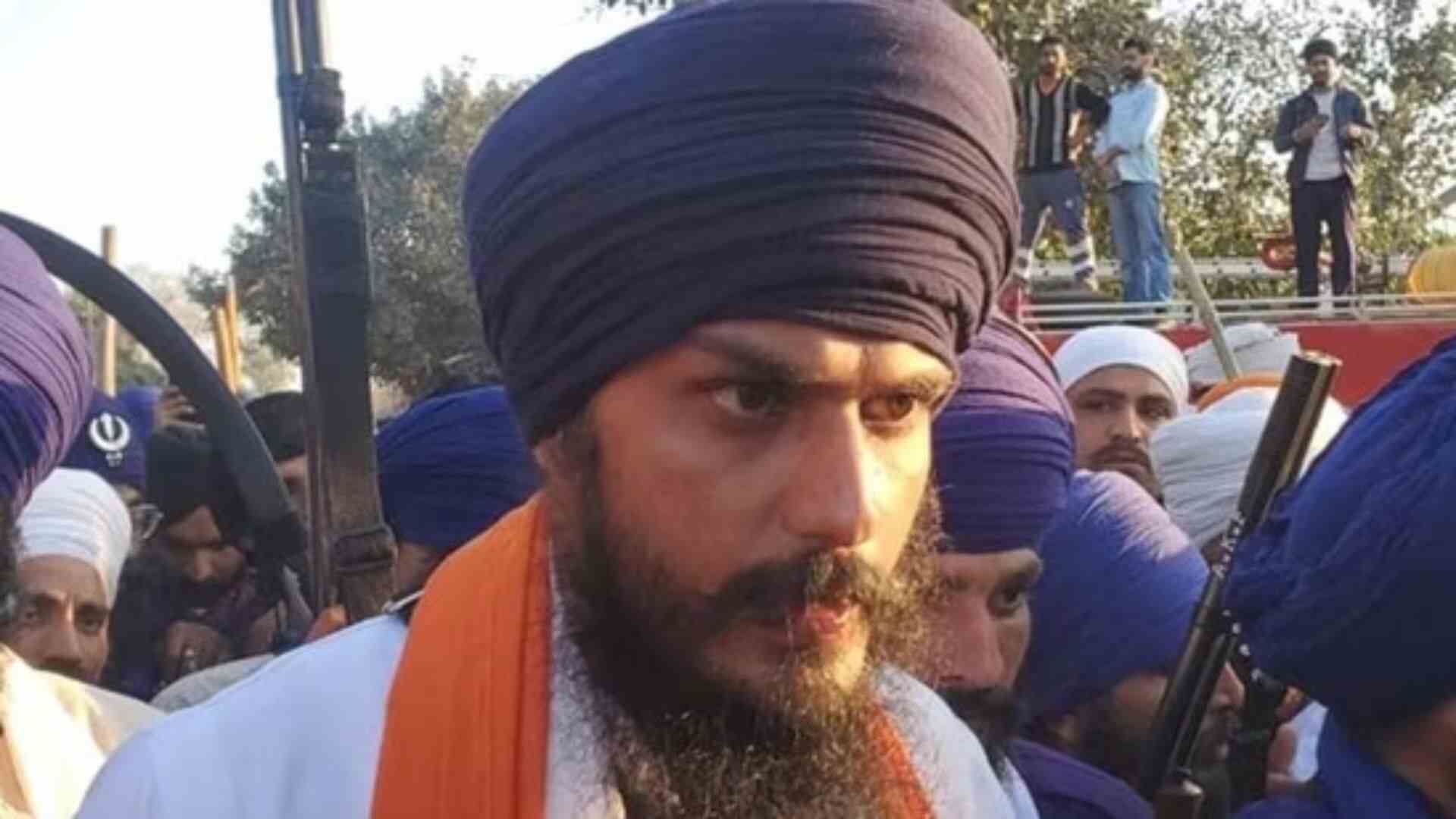Constituent Assembly debates on sedition: Part 1
March 12, 2021
In this piece, continuing with my discussion on sedition from the last three pieces, I will examine the Constituent Assembly debates on sedition to understand if the very concept of sedition was opposed by the framers of the Constitution or at least a majority of them. Broadly, the debates on...
Read More




